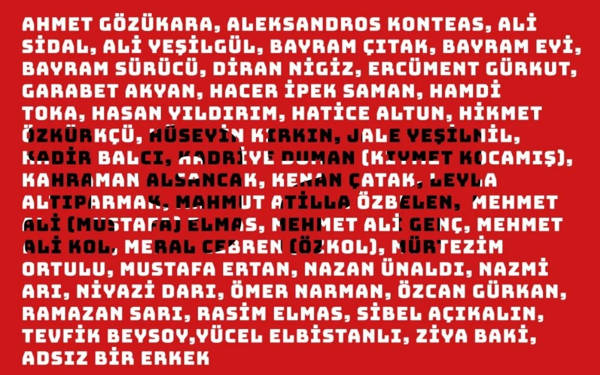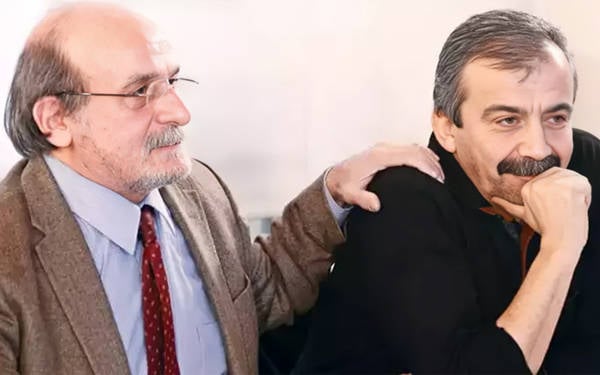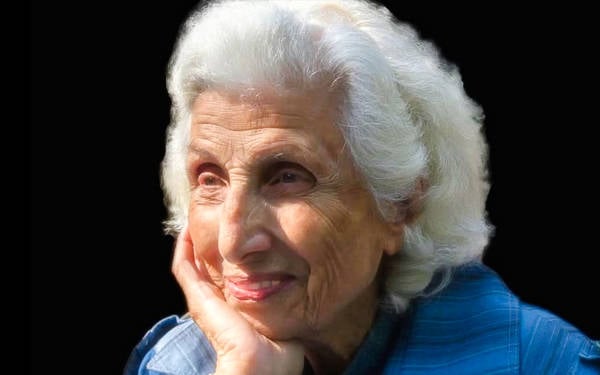In a stinging 14-page critique of the proposed law, President Sezer returnedit to parliament Monday, asking deputies to take out sections which would"openthe door for big capital to establish their monopoly on TV and radiobroadcasting."
Applauding Sezer's refusal, the Turkish Journalists Association said thepresident's ''approach provides an opportunity for the deputies to review thelaw in a coolheaded atmosphere and that they will be able to reconsider thepublic opinion's reactions."
"I am pleased that Sezer has erased my doubts that he might have endorsedthis immoral and fascistic legislation," says TV programmer Sahin Alpay ofCNNTurk. "He has given us fresh optimism that things might still change for thebetter."
Turkey's media bosses, on the other hand are unhappy that the president hasrejected the amendments that the Turkish parliament passed, with a simplemajority on June 7. The amendments envisaged the lifting of almost all thebarriers to media concentration.
At present, big businesses control the bulk of Turkey's mainstream media -more than 10 national dailies, 17 commercial TV channels, a number of radiostations as well as weekly and monthly publications. They also have stakes inbanking, insurance, tourist industry, health and football.
During the debate in parliament, opposition deputies and critics denounced the amendments as "forging emperors out of media moguls", and as "the deathsentence of the local media," and called on Sezer to return the law for areview by the parliament
Explaining his action, the president said, "The provisions in theamendmentsare incapable of preventing monopolisation. And a monopolised audio-visualmedia would both gain supreme power for unjust competition in the economicfield and become a roadblock for the realisation of freedom ofcommunication."
Sezer further criticised the proposed law for provisions which he said could put ''individual commercial interests'' ahead of the requirement for ''the functioning of the media as a servant of the public."
The president, echoing criticisms from the opposition, came out against the "lifting of the barriers against media owners to enter into commercial dealings with the state''. A result, of such dealings, he said, would be ''biased broadcasting and coverage in order to be able to sign contracts with governments."
"In most parts of the civilised world media ownership is deliberately separated from other spheres of business in order to prevent the media owners from prospective exploitation of their power," Sezer argues. "Therefore the provisions in the amendments that allow media owners to makebusiness with the state violates the principles of fair competition," Sezersays.
According to the Turkish constitution, parliament has two options after president's refusal to sign a law: Parliament can either review the legislation taking into consideration the president's objections or it can send the law back to the president for ratification without any review.
In the second case the president is obliged to ratify the legislation but he might then use his authority to bring the matter before the ConstitutionalCourt. In any case, the law becomes effective unless it is annulled by theCourt.
Noting that the Turkish parliament is scheduled to start summer holiday in July, Prime Minister Bulent Ecevit told journalists that ''it is highly unlikely that the amendments would be immediately reviewed." But whenparliament resumes, "We will take the president's opinions into considerationwhen reviewing the law," he added.
Sezer's refusal, in striking contrast to the jubilant headlines when theamendments passed on Jun 7, has been almost ignored by the two big media groups' newspapers and TV on Tuesday.
Hurriyet, and Radikal newspapers belonging to the Dogan group gave very small space in their first pages, while the Milliyet newspaper of the same group ran the report in its financial section, under the headline, "Sezer'srefusal causes the stock-market index fall."
The opposition newspapers however, greeted Sezer's refusal with banner headlines: "The Prohibiters are in Grief", Islamist Yeni Safak said in its headline while the left-wing daily Cumhuriyet said "RTUK bounced back by thePresidency."
The media law amendments brought president Sezer and the government for a second time at loggerheads and coincided with government preparations for curtailing the president's powers.
President Sezer's returned a conditional amnesty proposal to parliament
lastyear for violating the equality of citizens before the law. This caused such angry reactions among coalition leaders that they agreed to limit the president's powers through a Constitutional amendment.
Ironically, president Sezer himself has occasionally criticised the Constitutional powers of the Turkish President and has called for transferring all power to elected bodies.
As President Sezer refused the media law amendments Monday, a parliamentary commission had already agreed on moving a Constitutional amendment aiming at curtailing President's powers to appoint the members of High Court, Highe rEducation Council and similar bodies. He will also lose his present power to bring Constitutional amendments tonational referendum and the period for presidency will be dropped down tofiveyears from present seven years.
In spite of hostilities with the government President Sezer's public prestige seems to have increased since his assumption of the post in May last year. According to public opinion polls more than 80 percent of Turkish citizens now believe Sezer is the most reliable figure among Turkey's leaders.









